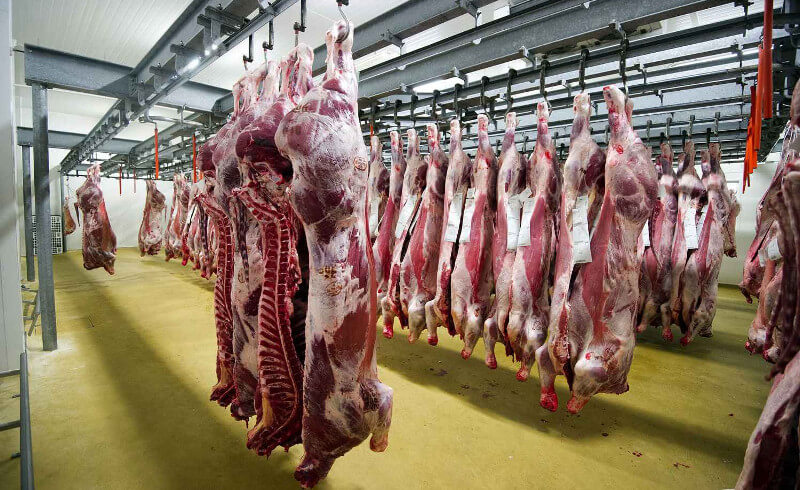
Kenyan livestock farmers in Taita County are making strategic moves to enter the Indonesian beef market. With plans to export 50,000 heads of cattle annually, this venture promises significant economic growth and job creation. In this article, we explore Kenya’s ambitions, the potential benefits for local farmers, and the opportunities for value addition and market expansion.
Expanding Livestock Exports: Kenya’s livestock production director, Elmi Bishar, reveals that the proposed deal would enable Kenyan farmers to export a minimum of 50,000 cattle annually to Indonesia. To meet market requirements, each cattle must have a minimum live weight of 350kg and will be sold at US$2.8 per kg. This move aims to tap into the Indonesian market’s demand for quality beef, creating lucrative opportunities for herders and small-scale livestock keepers.
Boosting the Local Economy: The Kenyan government’s plan to enter the Indonesian beef market aligns with its broader agenda to spur economic growth. Bishar emphasizes that this venture will benefit hundreds of herders and small-scale livestock keepers, uplifting their livelihoods and contributing to the country’s economic development. Furthermore, this new export market is expected to increase livestock production in Taita County, known as a disease-free zone, enhancing its reputation as a key player in the livestock industry.
Job Creation and Value Addition: Erickson Kyongo, County Agriculture, Livestock, Fisheries, and Irrigation CEC, emphasizes the employment opportunities and economic growth that will stem from the livestock export market. Taita County’s proximity to the port of Mombasa provides a strategic advantage, facilitating smooth export operations. Currently, the county exports approximately 600 cattle monthly, leaving room for substantial growth in the export market. Kyongo calls for support from the national government to construct a modern abattoir, promoting value addition and creating job opportunities.
Partnerships for Success: Taita County is actively collaborating with local and international organizations to enhance the livestock sector’s productivity and value chains. Through a partnership with SNV, a Netherlands-based organization, the county is developing pasture on over 200 acres of land, stimulating sustainable farming practices. Additionally, the county has joined forces with the Food and Agriculture Organization (FAO) to provide farmers with pasture seeds, supporting their efforts to improve livestock production and pasture management.
Impacts on the Kenyan Economy: The livestock sector plays a crucial role in Kenya’s economy, supporting the livelihoods of many and contributing to food and nutrition security. It accounts for approximately 12% of the national Gross Domestic Product (GDP) and 42% of the agricultural GDP. Kenya’s Livestock Master Plan (LMP) is being developed to identify investment opportunities within the livestock value chains, emphasizing sectors such as dairy, beef, camel, sheep, goat, pig, poultry, and more.
Kenya’s pursuit of the Indonesian beef market represents an exciting opportunity for the country’s livestock sector and economy at large. With plans to export 50,000 cattle annually, this venture holds immense potential for local farmers, job creation, and value addition. By capitalizing on strategic partnerships and enhancing livestock production practices, Kenya is positioning itself for a prosperous future, further solidifying its position as a key player in the global livestock market.
Stay updated with the latest farming tips and agriculture industry news from Africa by subscribing to our newsletter. Don’t miss out on valuable insights and updates. Follow us on Twitter, LinkedIn, and Facebook to join our farming community and stay connected with us.



















